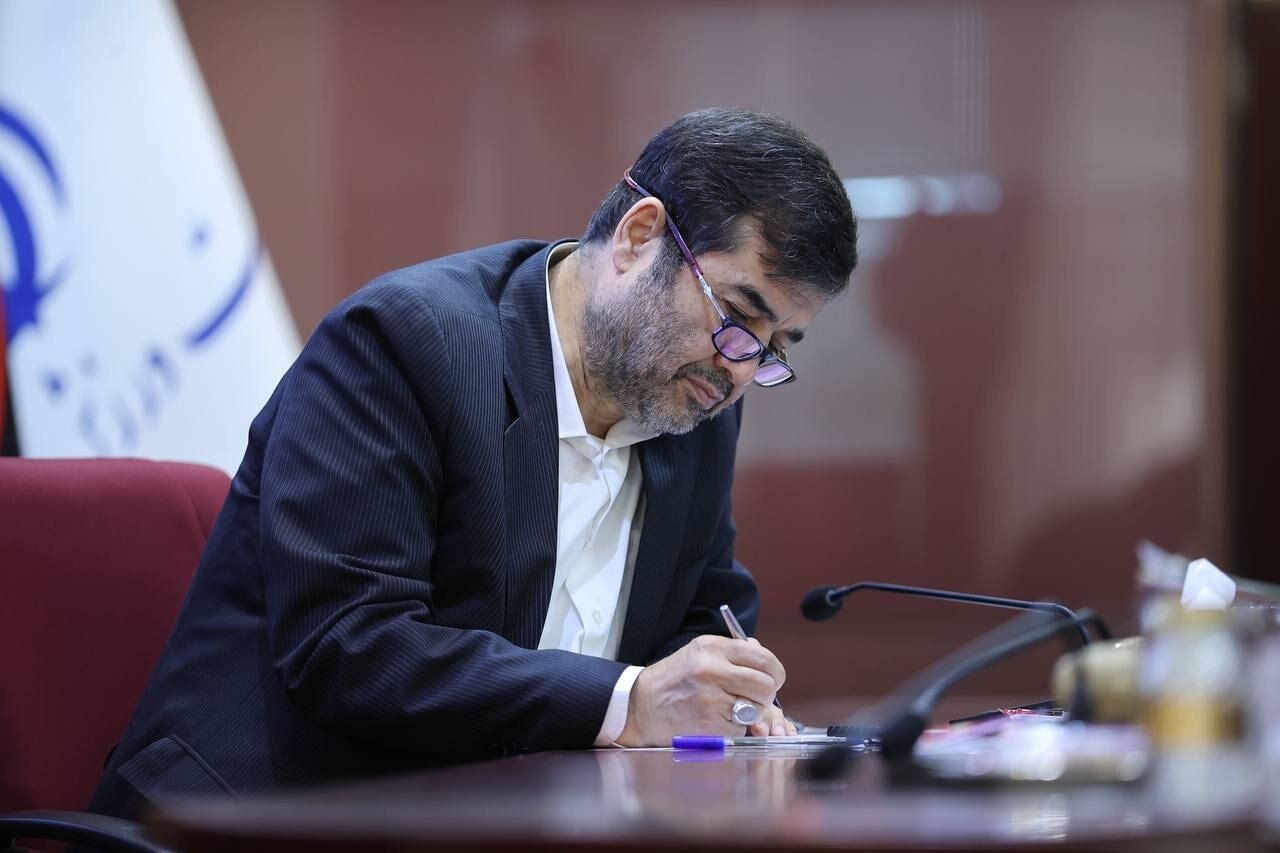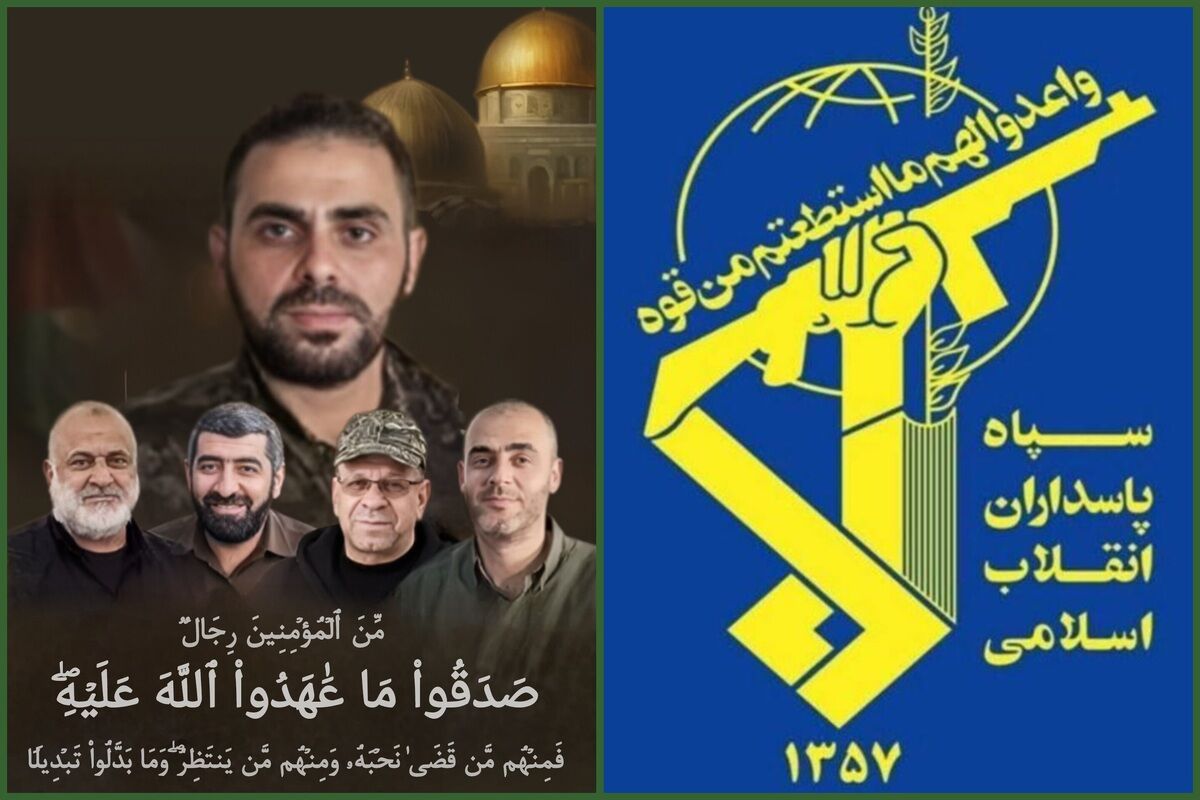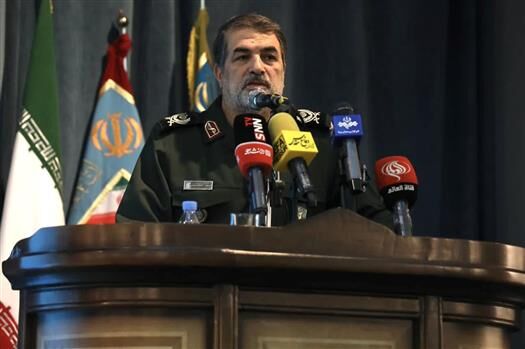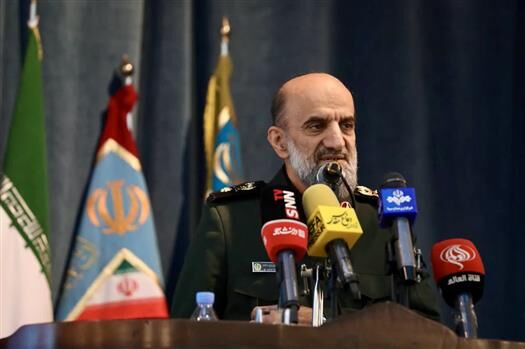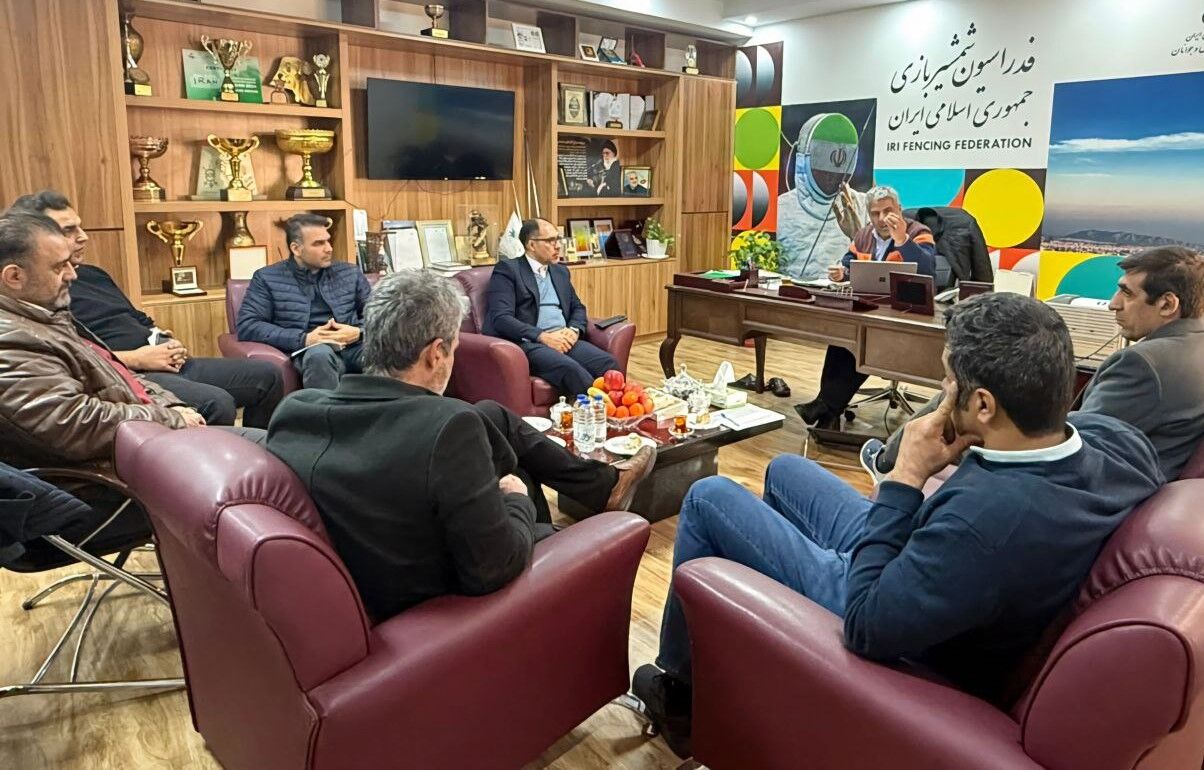Gaza's Palestinians view 'biased' US plan with concern and scepticism
Gaza's Palestinians view 'biased' US plan with concern and scepticism

Palestinians in Gaza have responded to the latest US plan to end Israel's genocidal war with criticism and scepticism, saying it strips them of their right to self-rule by placing the enclave under foreign control.
US President Donald Trump's 20-point plan, unveiled on Monday alongside Israeli Prime Minister Benjamin Netanyahu, proposes a ceasefire, the release of captives held by Hamas, the disarmament of the movement and a gradual withdrawal of Israeli forces from Gaza.
It also includes the deployment of a temporary International Stabilisation Force (ISF) and the establishment of a transitional authority led by Trump, with participation from other foreign leaders, potentially including former British prime minister Tony Blair.
For Rajab Qassem, a Palestinian from central Gaza's Deir al-Balah, “that means no Palestinian sovereignty”.
Under the plan, Hamas and other armed factions would have no role in governing Gaza in any capacity, whether directly or indirectly.
However, it leaves open the door for the Palestinian Authority to govern the enclave, but only after “reforms”.
“The plan turns us into an entity outside Palestine, ruled by outsiders. It denies my right as a Palestinian to be governed by Palestinians - even by the Palestinian Authority, which, for all its faults, is still Palestinian,” Qassem told Middle East Eye.
“And this idea of setting up an international committee to govern Gaza as an ‘independent’ entity is absurd.”
No guarantees
Palestinians also voiced deep doubts about the implementation of the US plan, stressing that it offers no real guarantees to the people in Gaza.
While it calls for a ceasefire and the return of captives in return for 250 Palestinian prisoners with life sentences and the 1,700 men, women and children detained from Gaza since the war, they say it places heavy demands on Palestinians “without requiring concessions from Israel”.
Palestinians in Gaza fear that even if the captives are released, Israel could still find reasons to assert control over the enclave, leaving the population exposed and the plan largely unenforceable.
The plan does not offer a definitive full Israeli withdrawal from Gaza, and the suggested withdrawal is slow, phased and conditioned on future talks between Israel and the ISF.
Even then, Israel would not fully withdraw from the Palestinian enclave and would remain in a zone referred to as a “security perimeter” along the Gaza-Israel boundary.
“This plan offers no guarantees. It speaks of handing back the captives without even an Israeli withdrawal in return,” Qassem said.
“People are exhausted, but we need something in exchange.”
Ghazi al-Majdalawi, a displaced Palestinian from Jabalia, said the aim of the plan is to “eliminate the Palestinian cause”, including the right of return and self-governance.
“The plan gives Israel everything it wants and denies the Palestinian people their basic rights,” he told MEE.
Majdalawi also voiced doubts that such a plan, drafted by Israel’s chief ally, would ever be implemented in a way that is fair to Palestinians in Gaza.
“The US was Israel’s partner in this war, whether by supplying weapons or by using its seat on the UN Security Council to veto several attempts at stopping the war on Gaza,” he said.
“So, as Palestinians, we do not trust the US or expect Trump to do what is just for the people of Gaza or to meet their needs for security and stability.”
'Painful choice
Despite their mistrust of the plan, the scale of destruction and loss has left people so desperate that some might accept even an unjust arrangement if it meant halting the killing.
“The plan denies Palestinians of their right to defend their land. At the same time, it offers a moment of respite, a chance to rest from the killings and daily suffering,” Youssef Ayloul, who has been displaced from Gaza City, said.
Others, like Qassem, fear that if Hamas rejects the proposal, the US might propose something “even worse”.
“There are daily massacres. People in tents live in misery. Many cities in Gaza no longer exist. It's a painful choice but situation is unbearable and must end,” he said.
“Maybe some will accept these terms simply to stop the bloodshed, because we cannot bear it any longer. Enough.”
Majdalawi said the pressing priorities for Palestinians in Gaza - whose homes, infrastructure and social fabric have been almost completely destroyed - right now are the opening of the border crossings, humanitarian aid, freedom of movement, self-rule and reconstruction.
“We want Gaza to be rehabilitated so it is fit for life with dignity,” he said.
“If it were up to me rather than the factions, however, I would approve the current plan - despite its injustice to Palestinians - because ending this war may require sacrificing essential things.”






